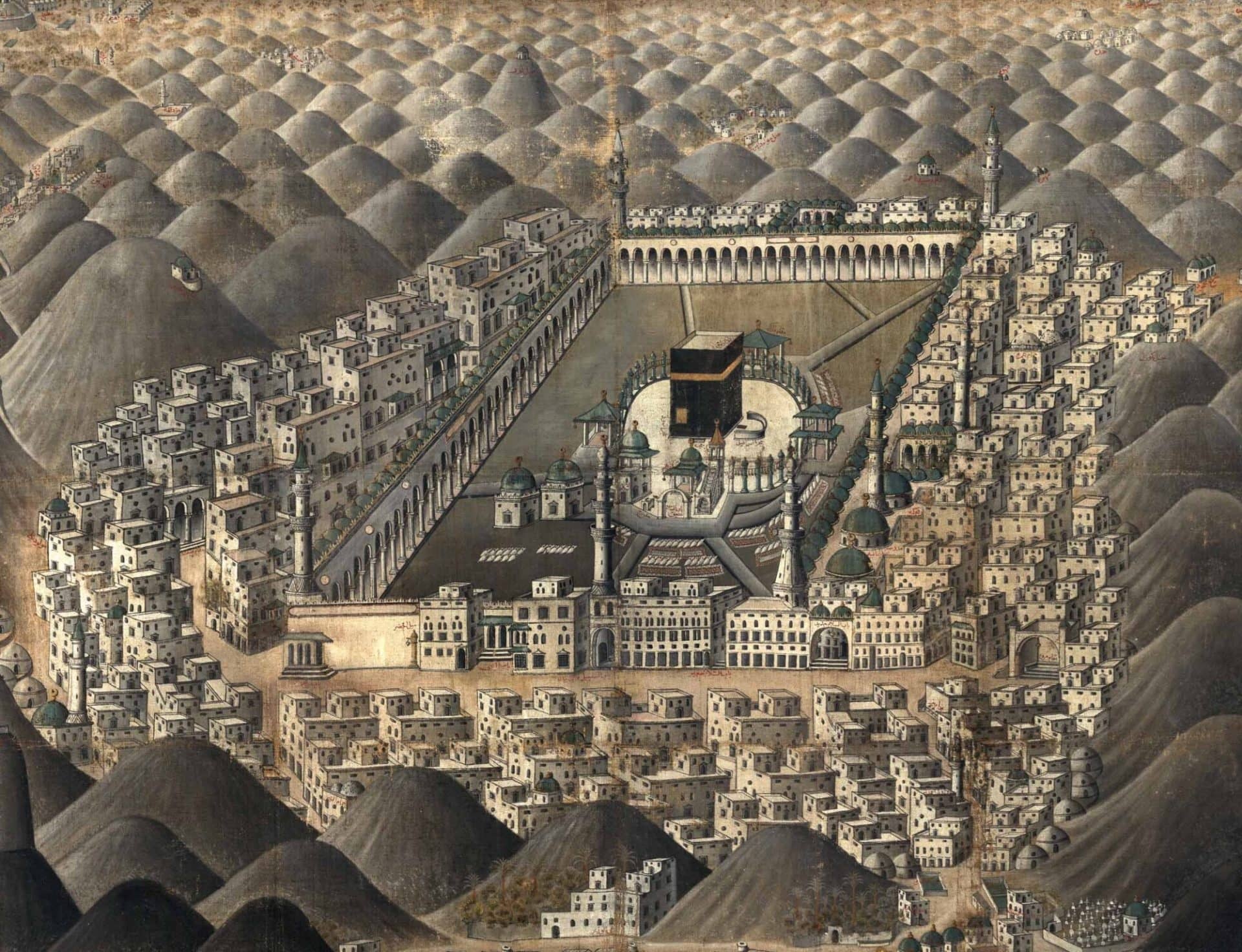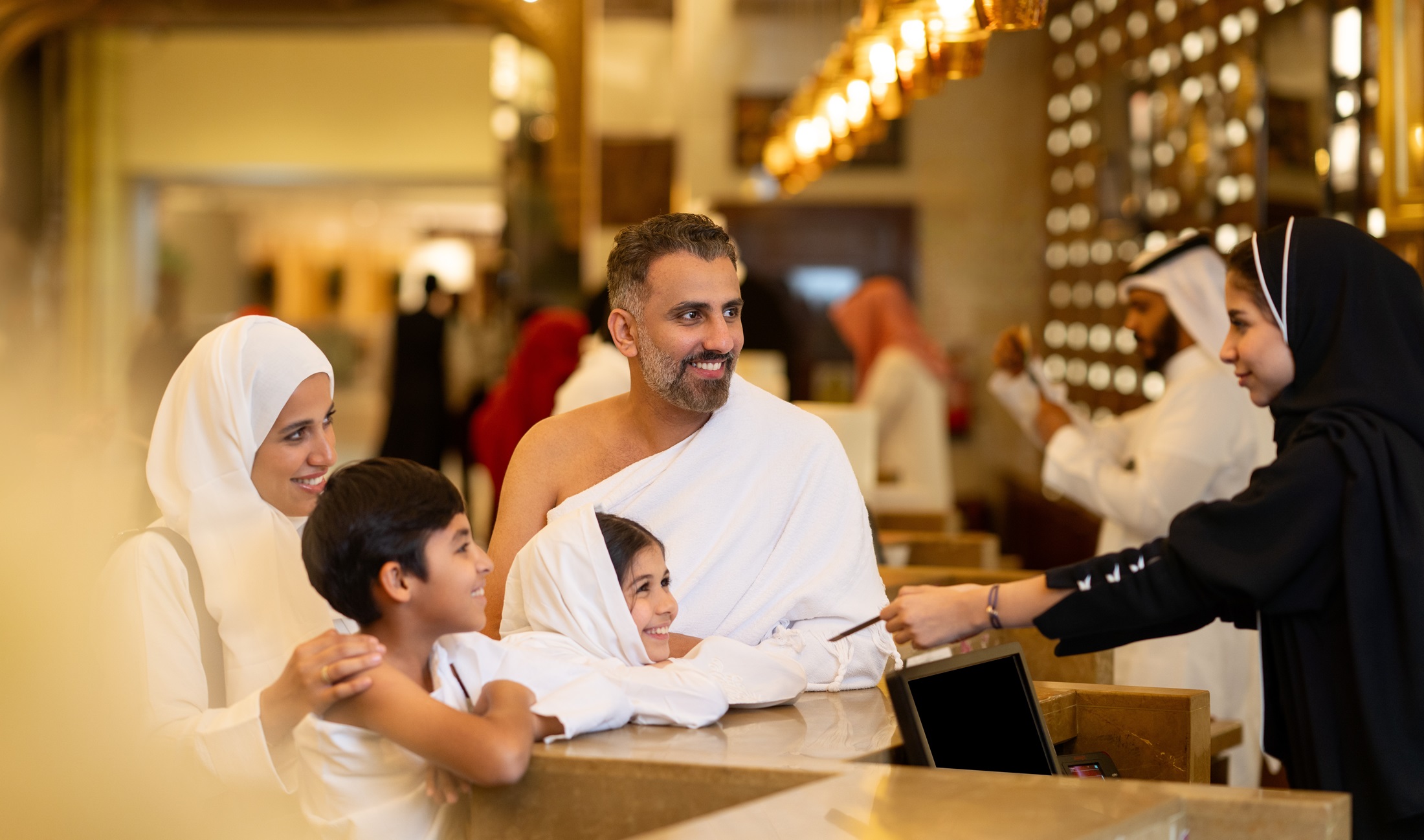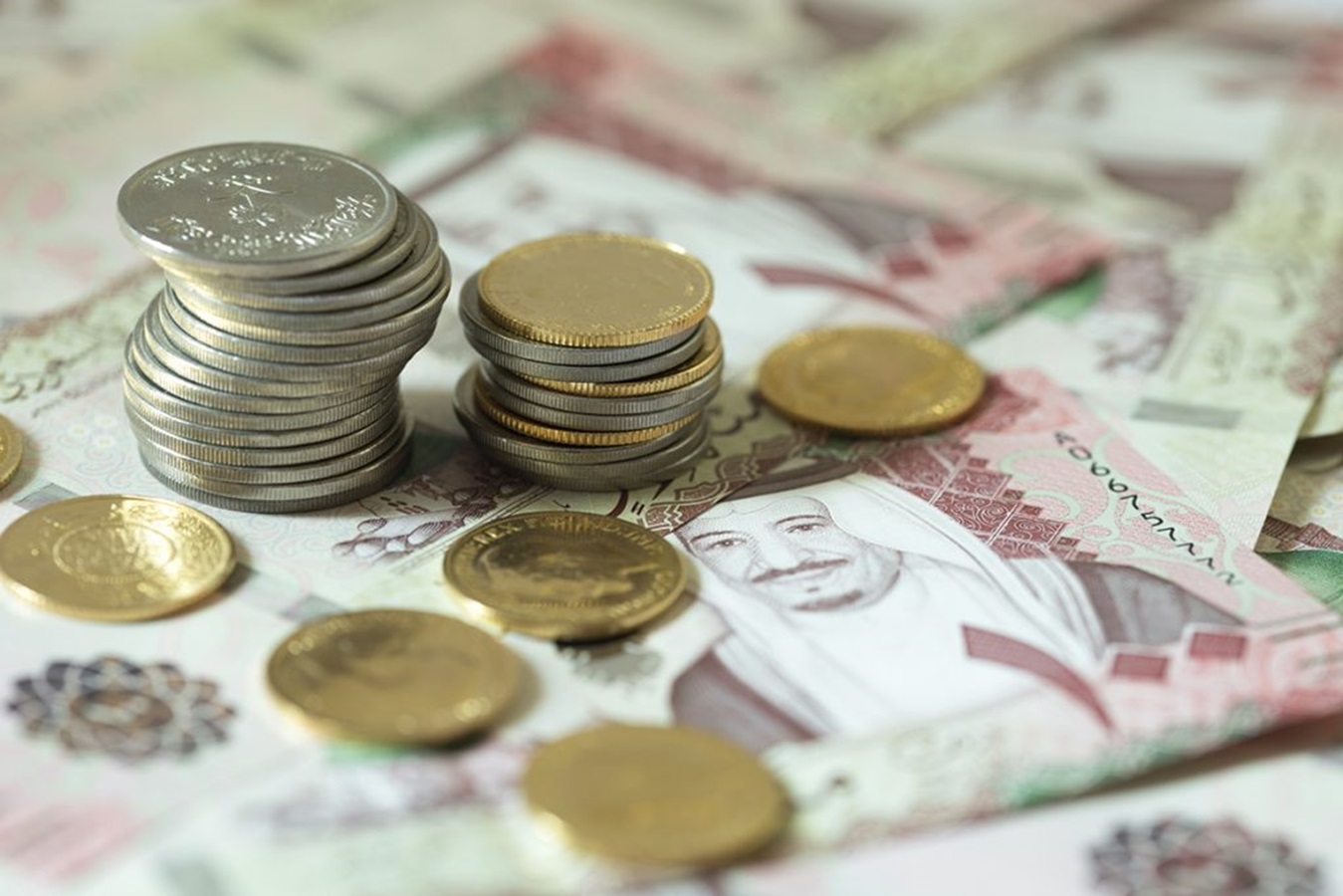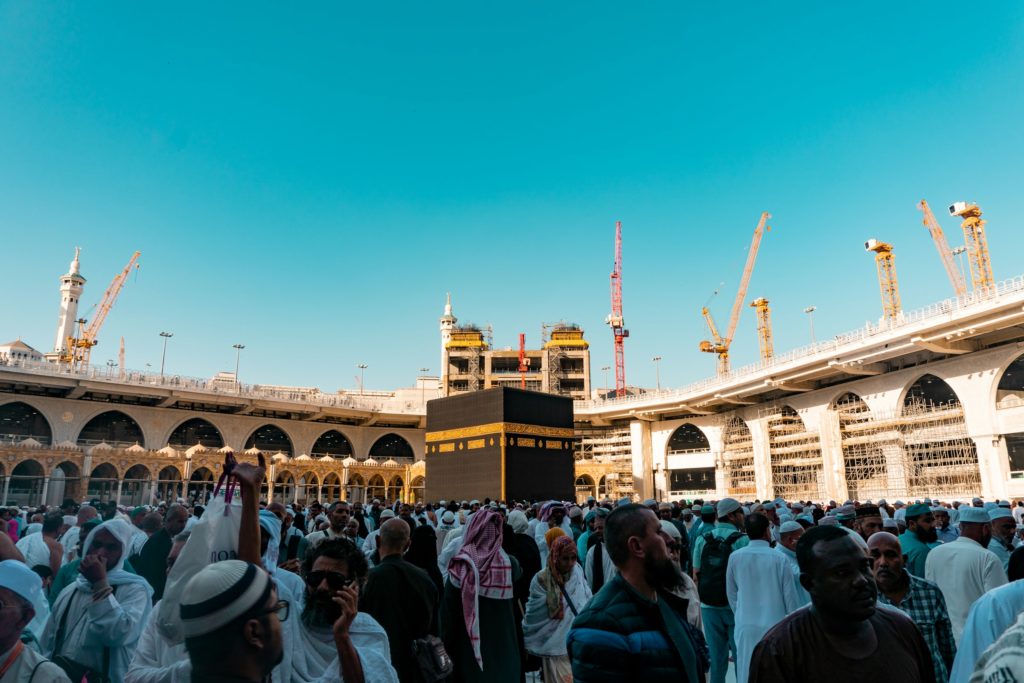Weather in Makkah
Makkah weather is hot, dry and often unforgiving. Here’s what you can expect in terms of temperature and weather conditions during Hajj and Umrah pilgrimages.
A desert country, Saudi Arabia can experience extreme weather. The temperature in Makkah, a city in a valley, seldom drops below 13°C (55°F) at night in January.
Highs can climb over 43°C (110°F) during the day in June. For a successful Hajj or Umrah, it pays to be prepared for Makkah weather.






